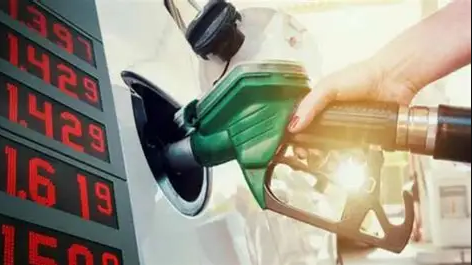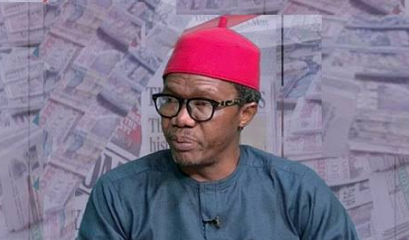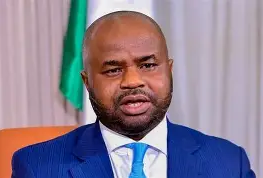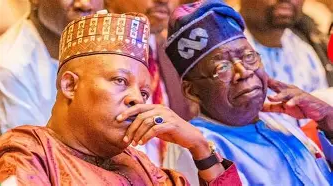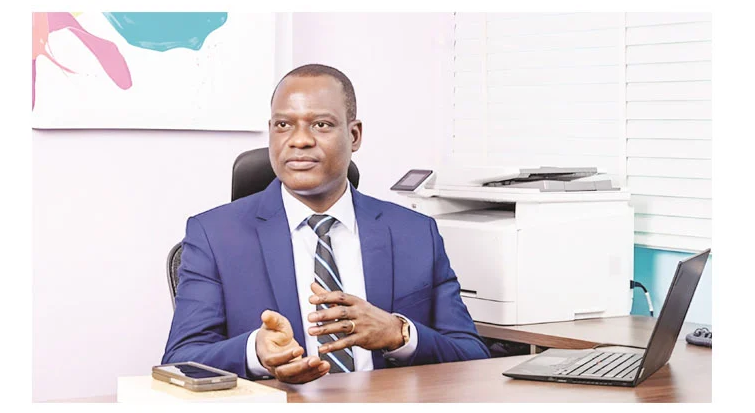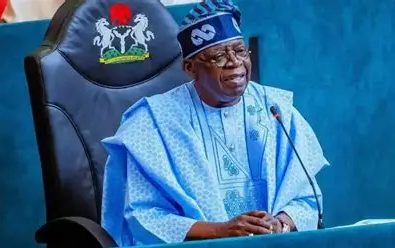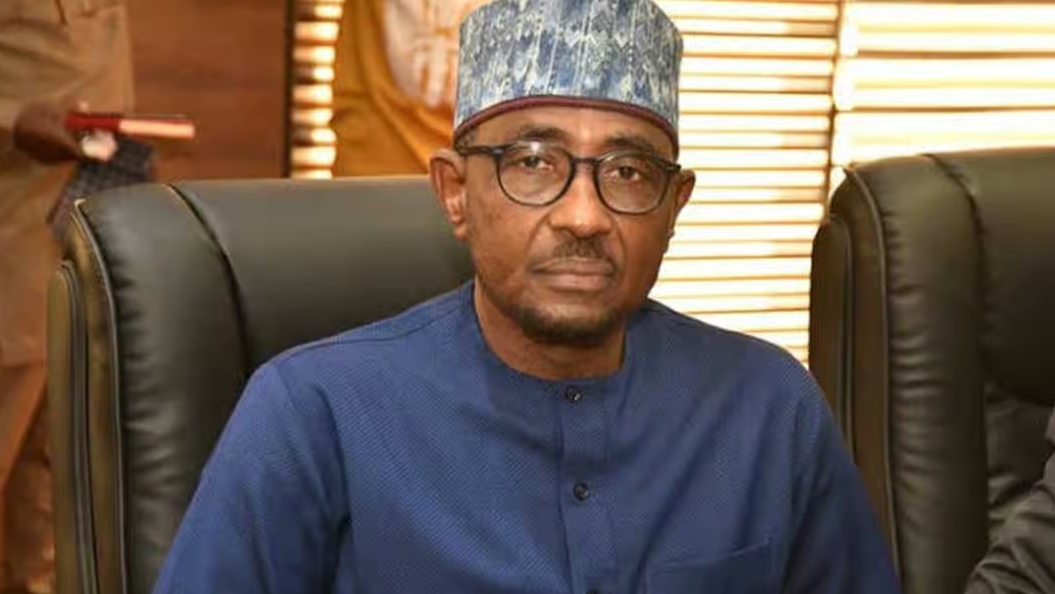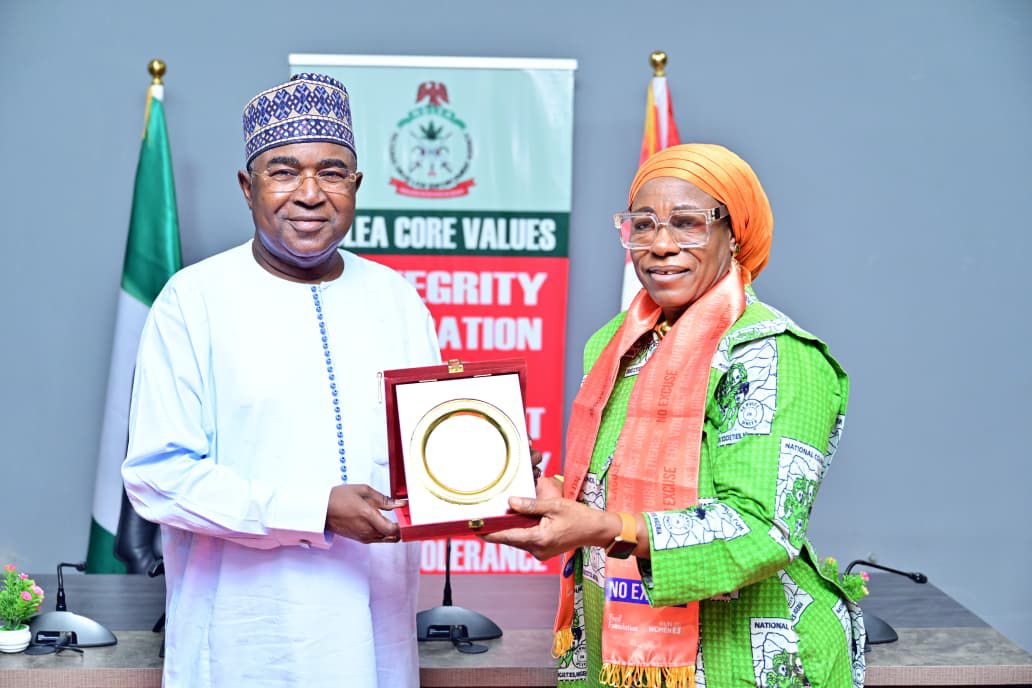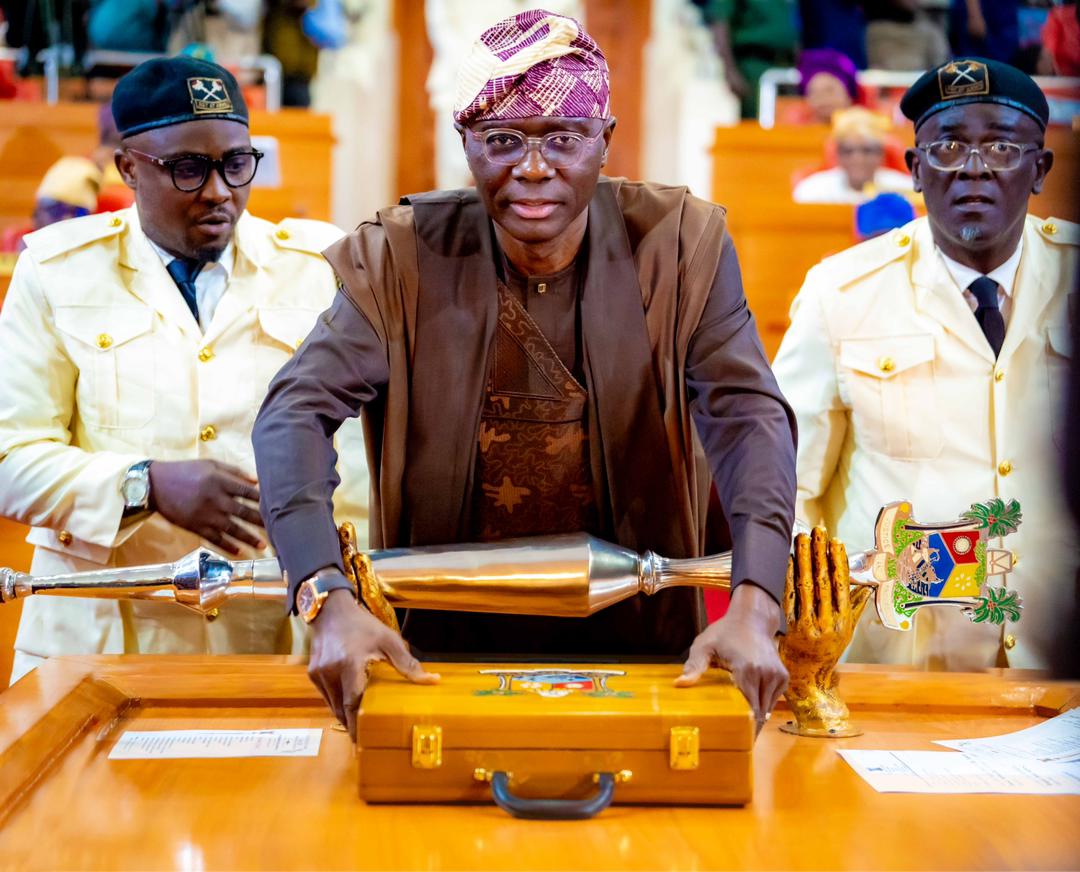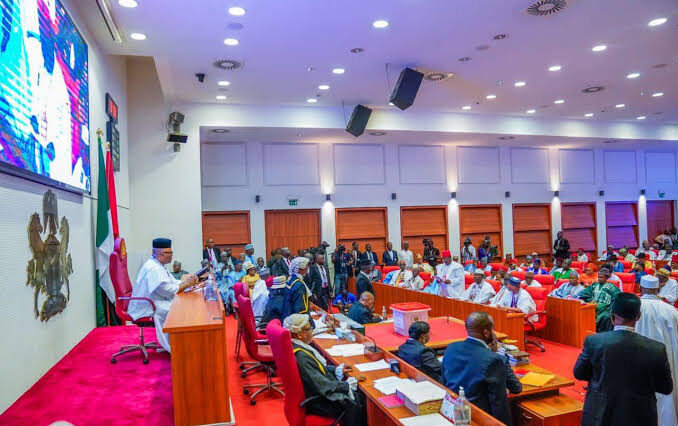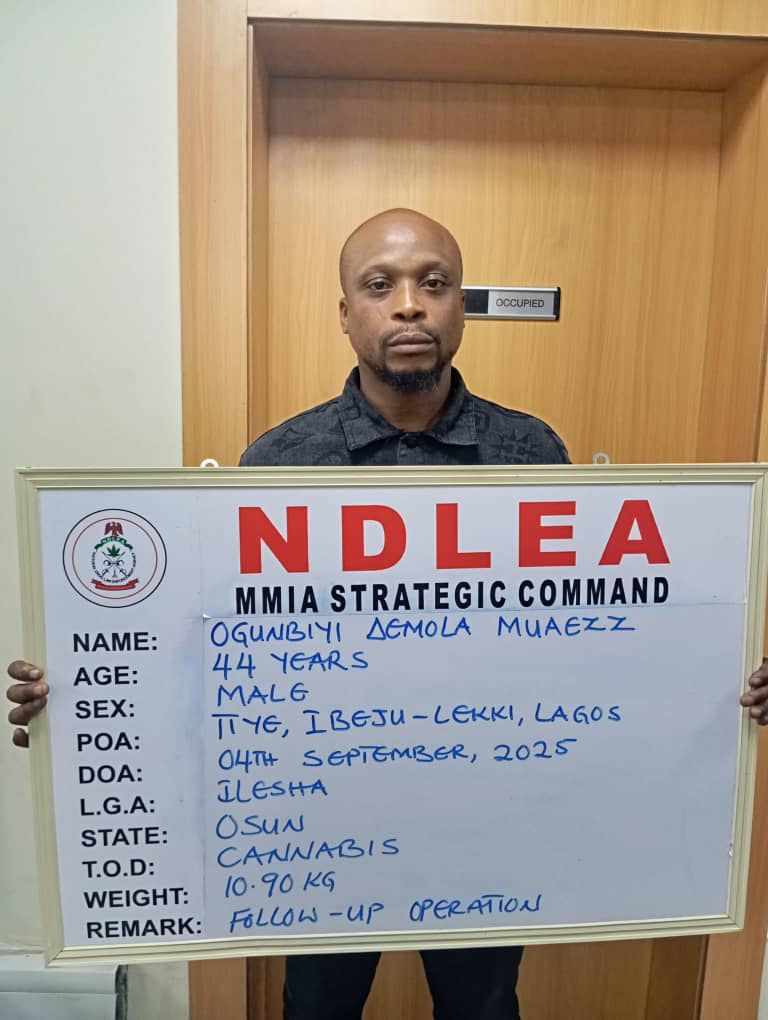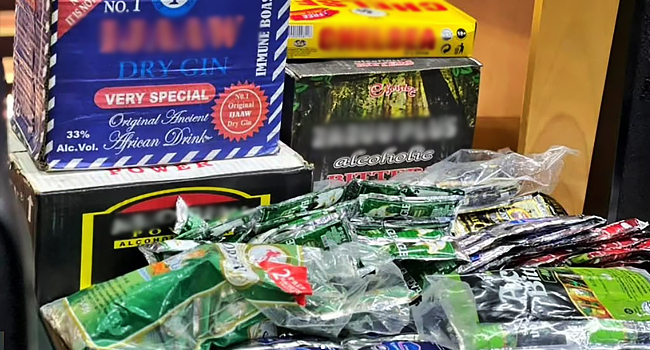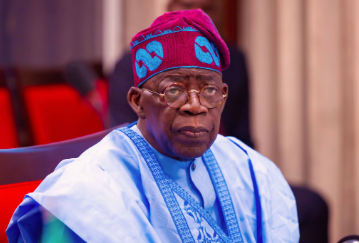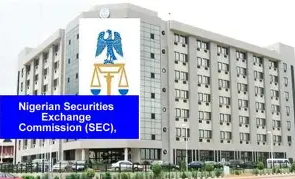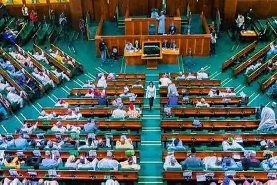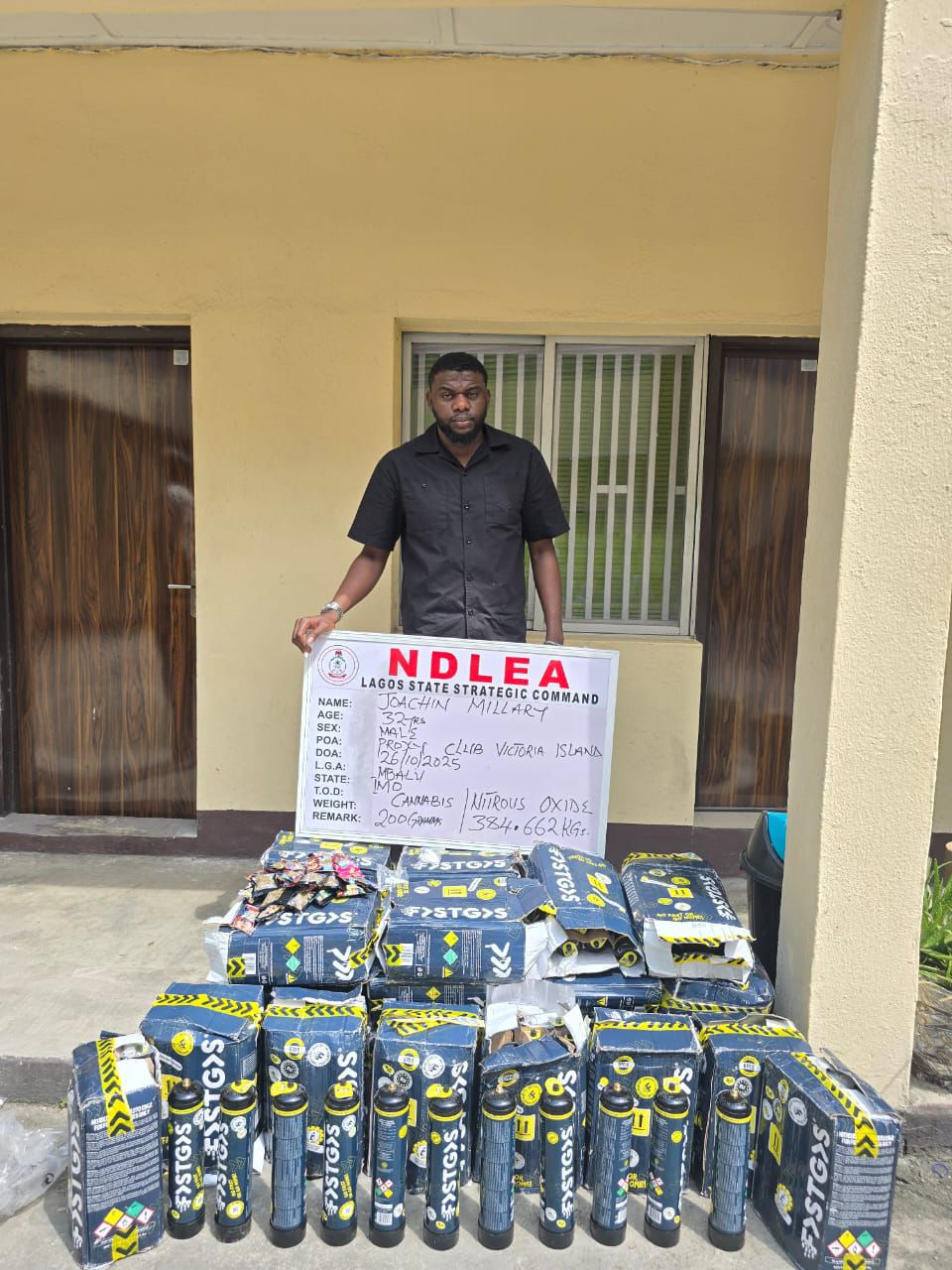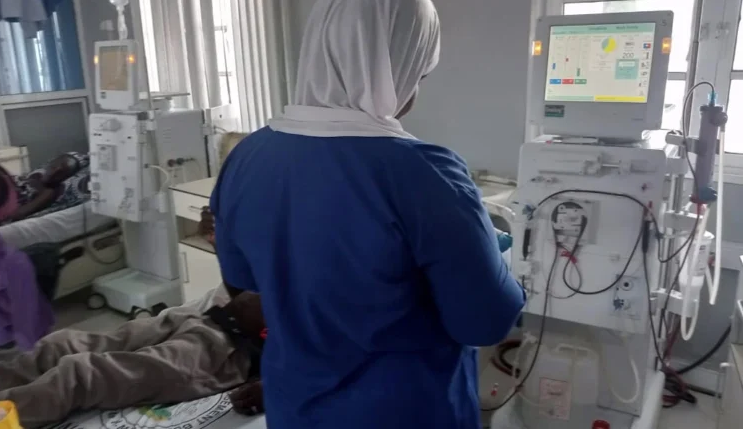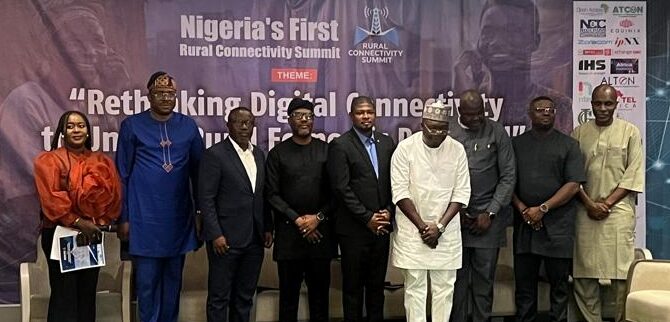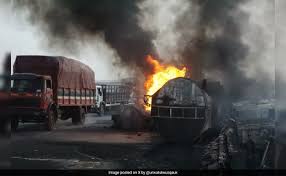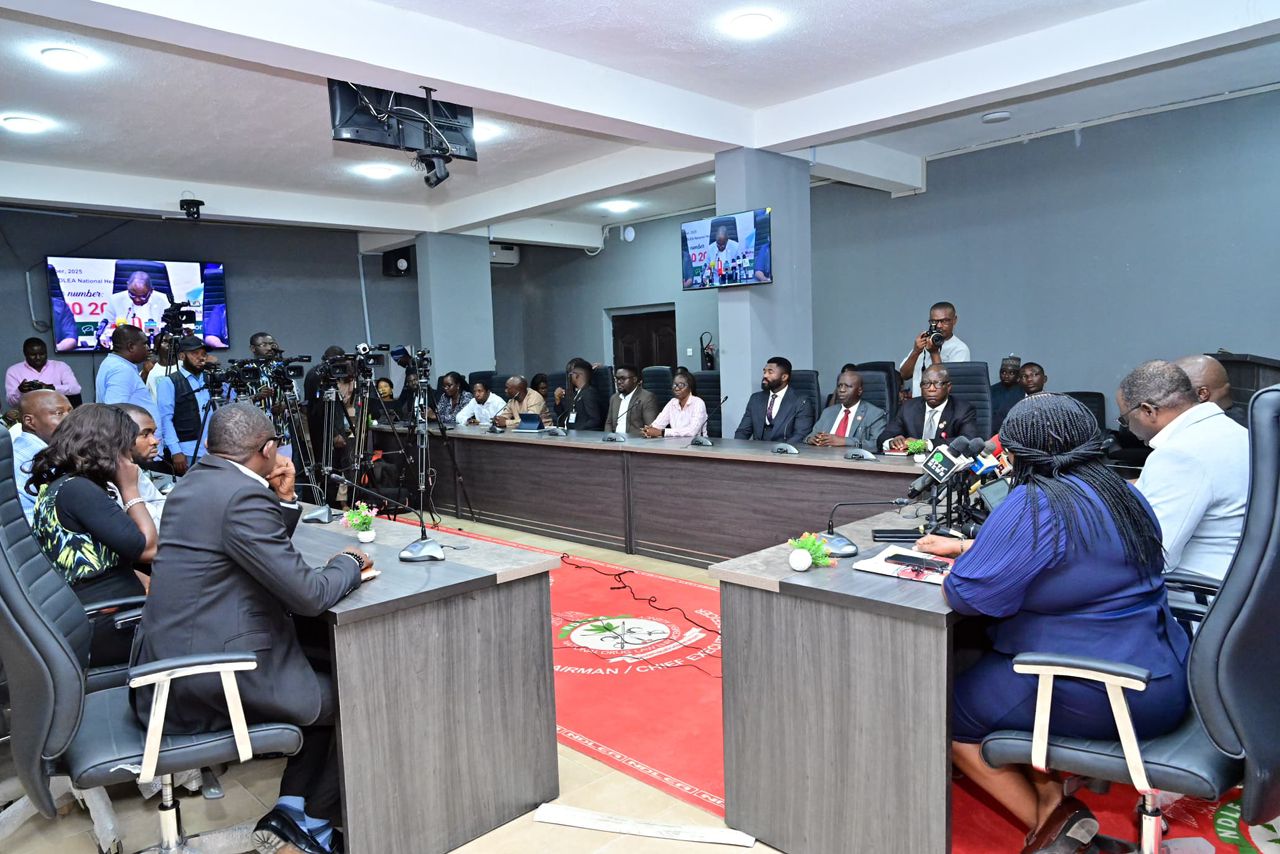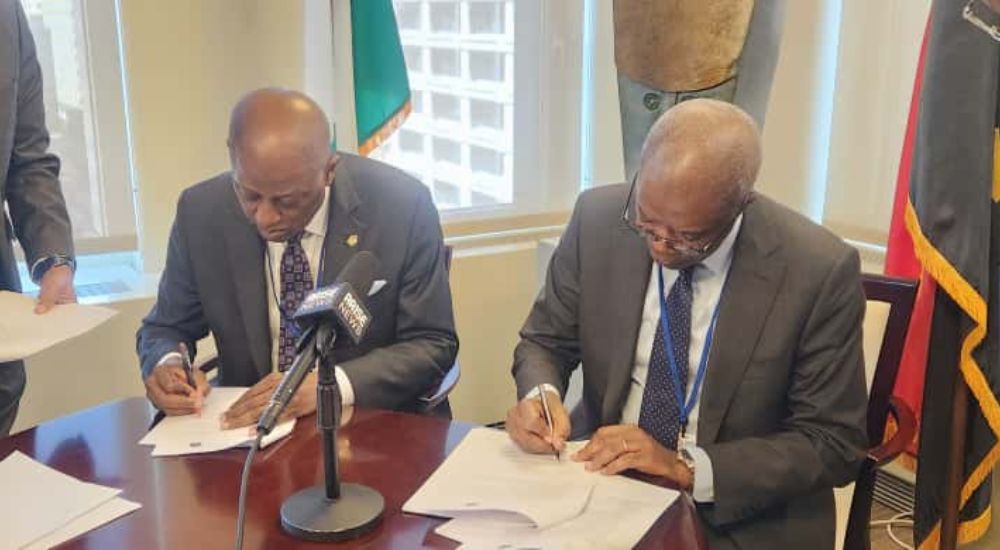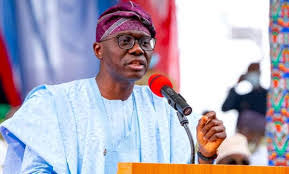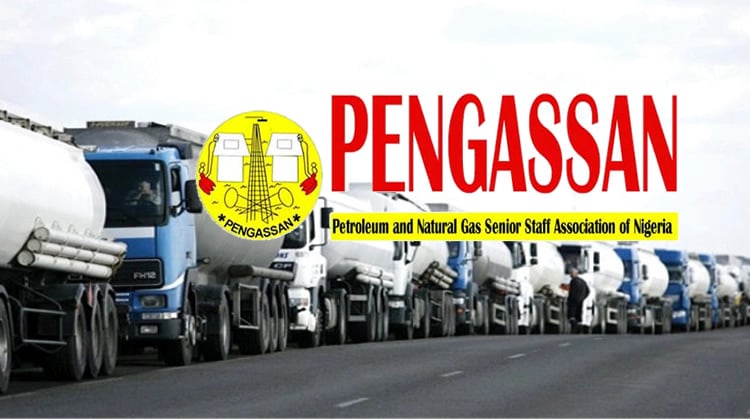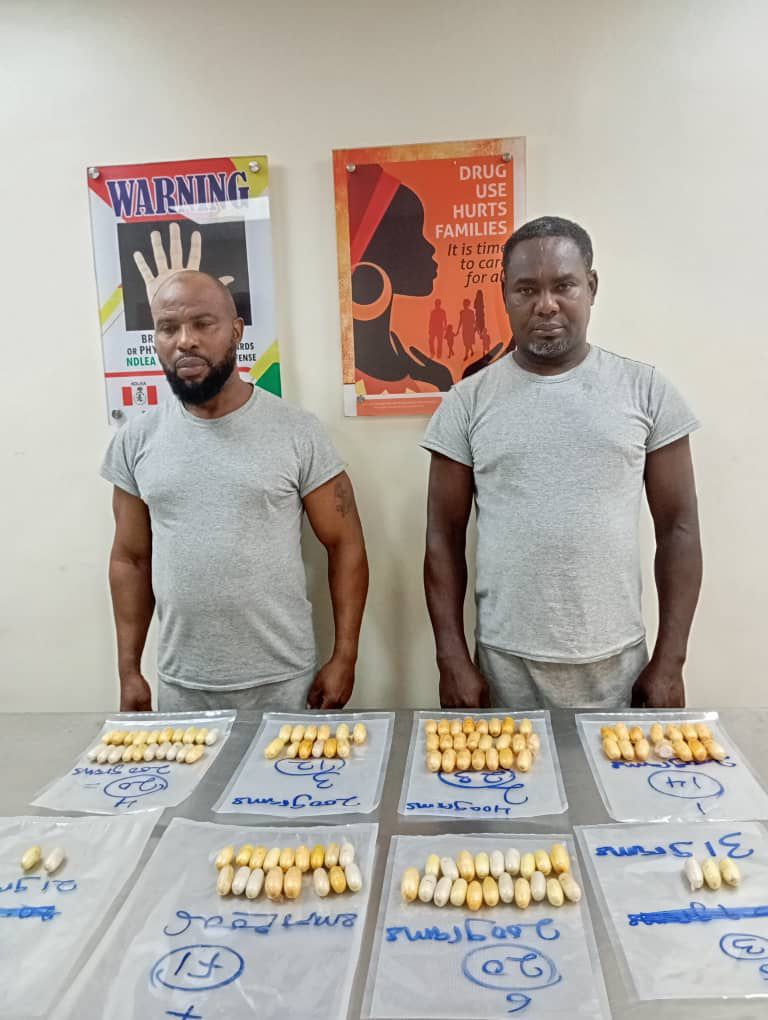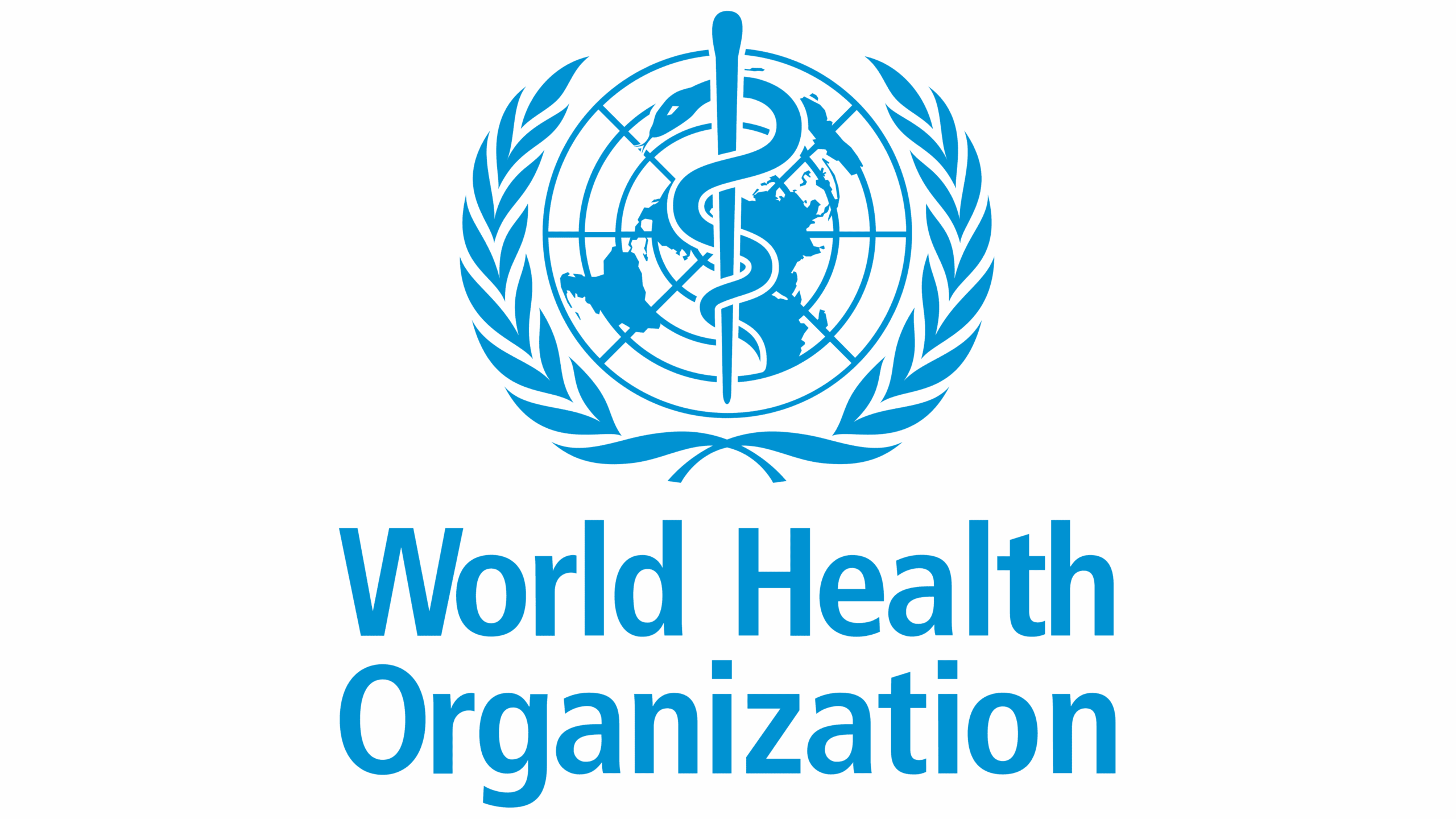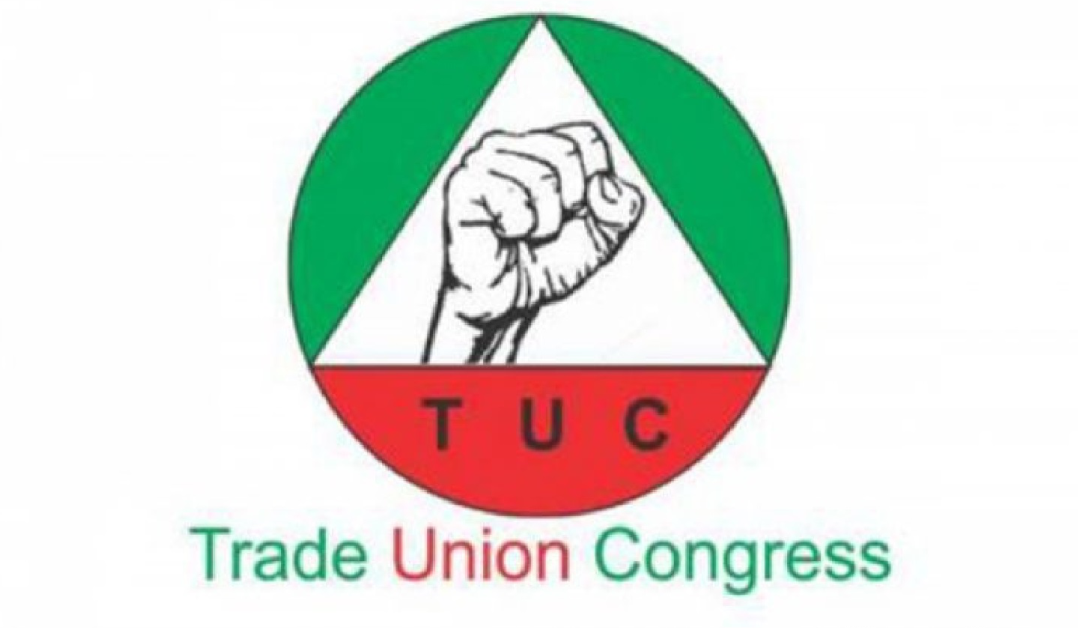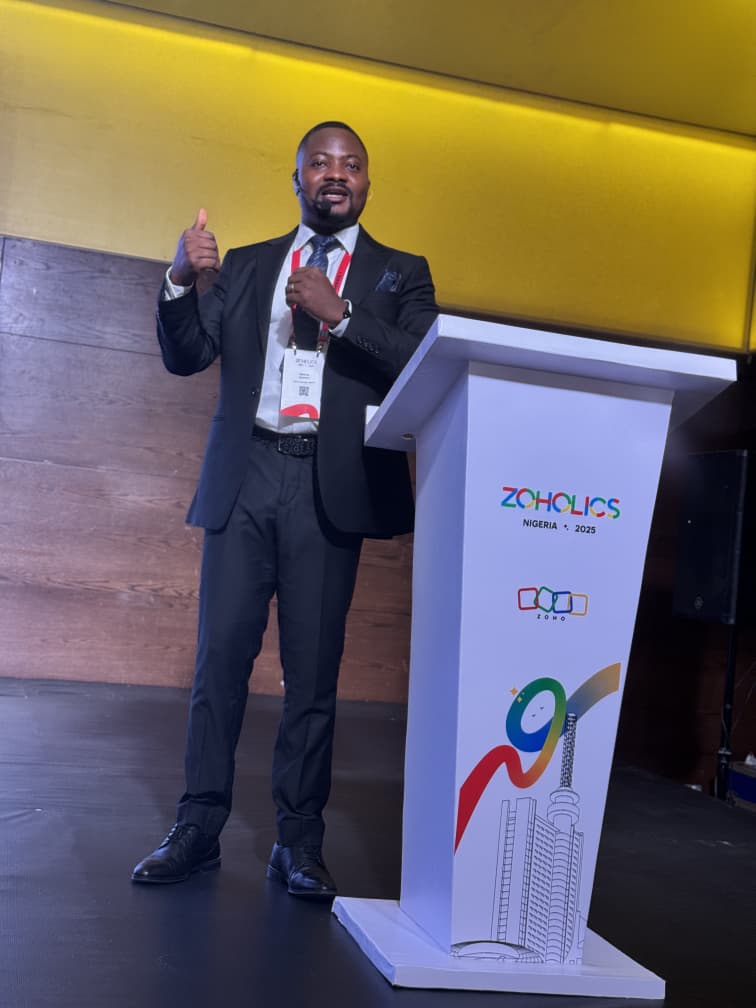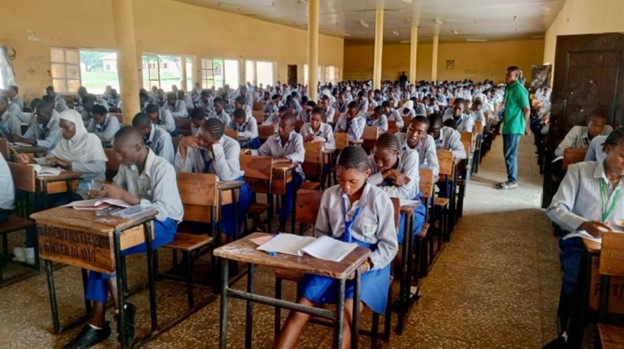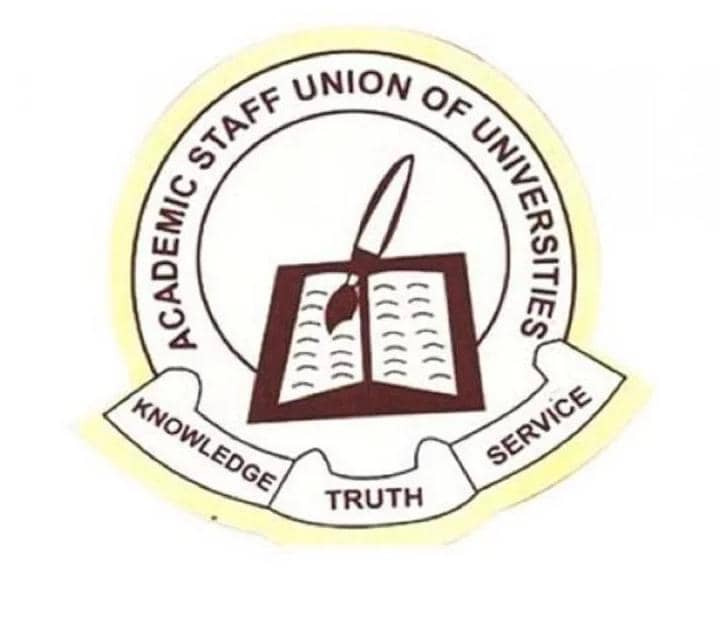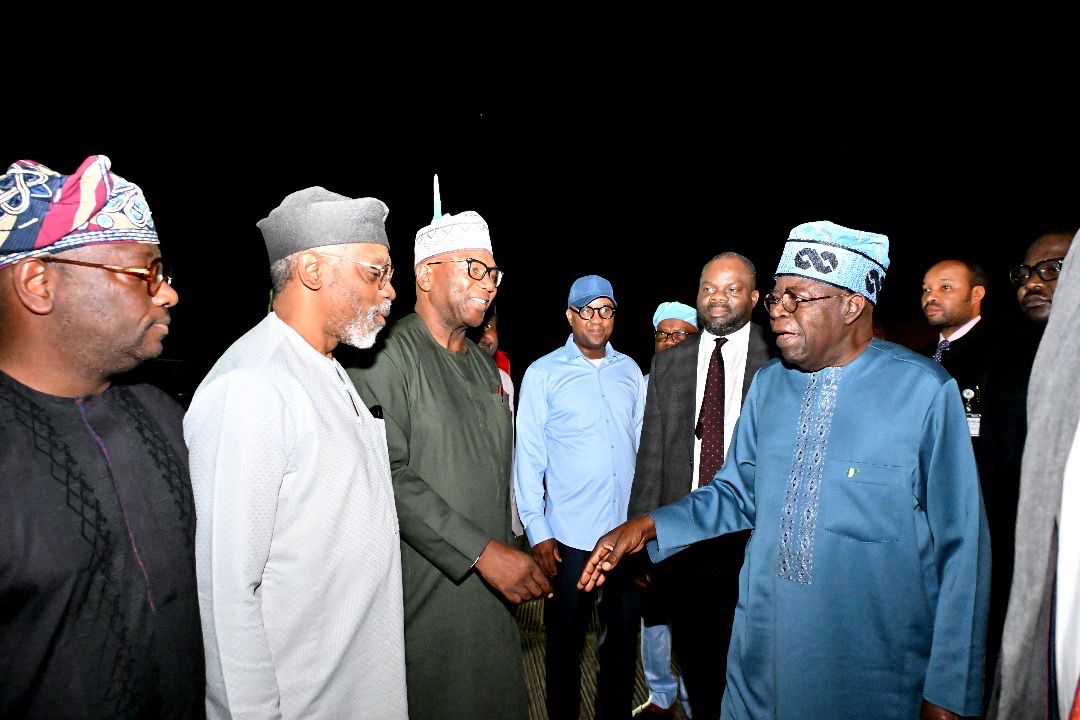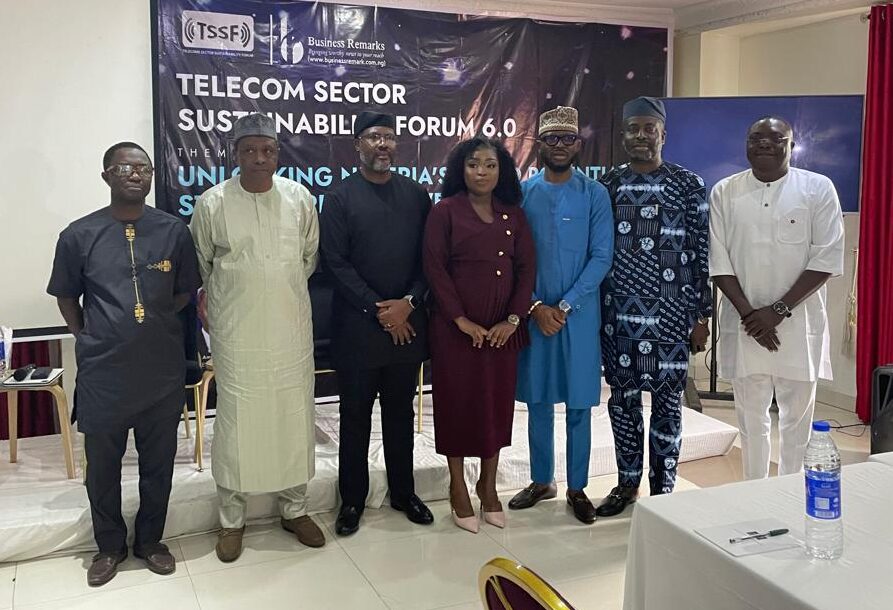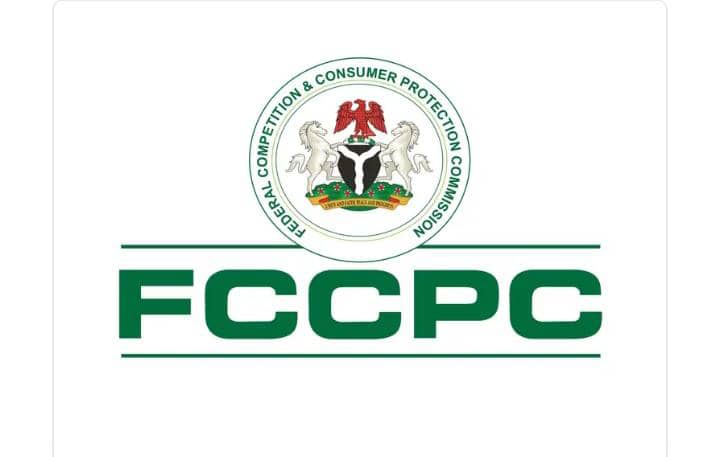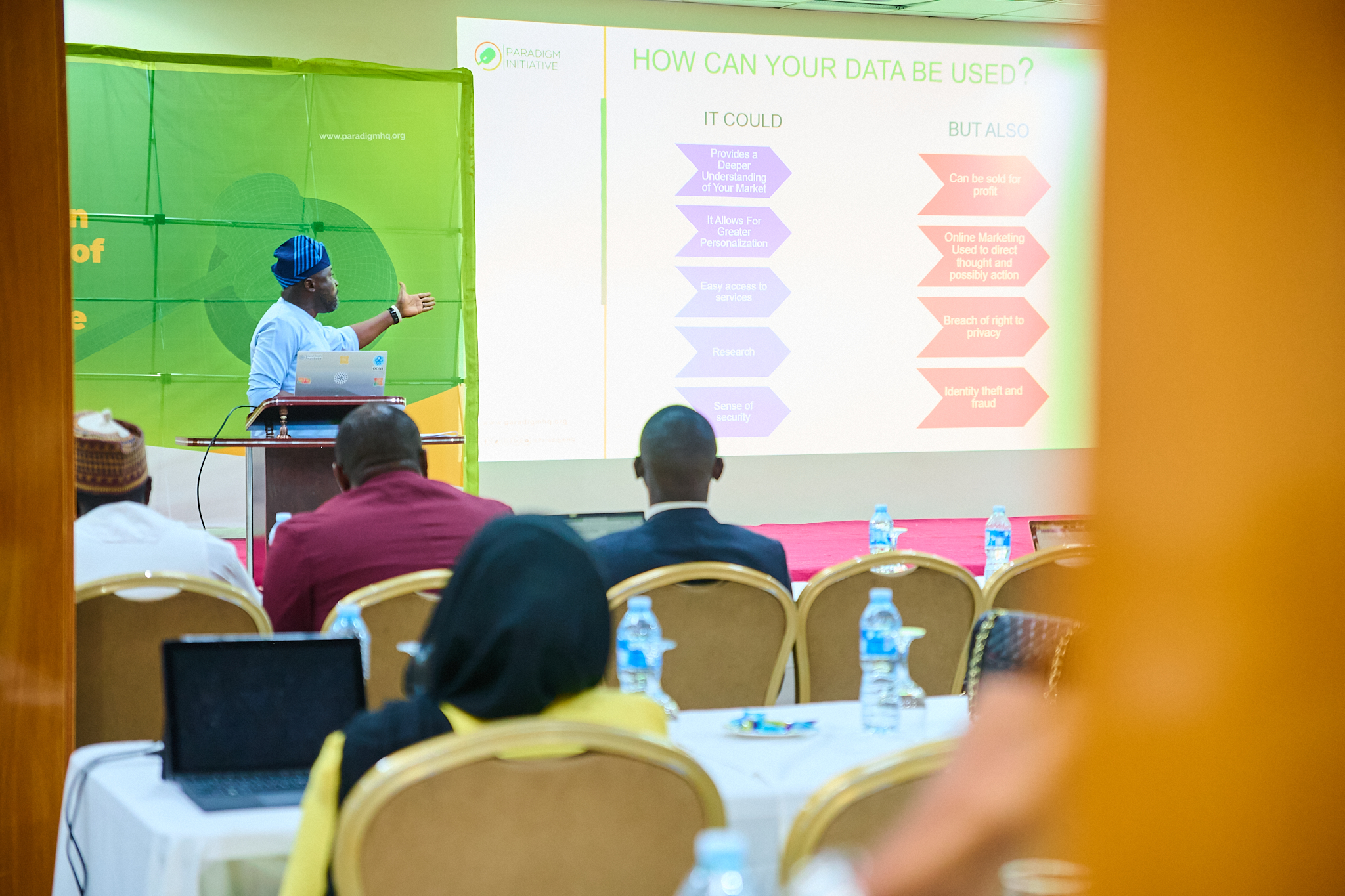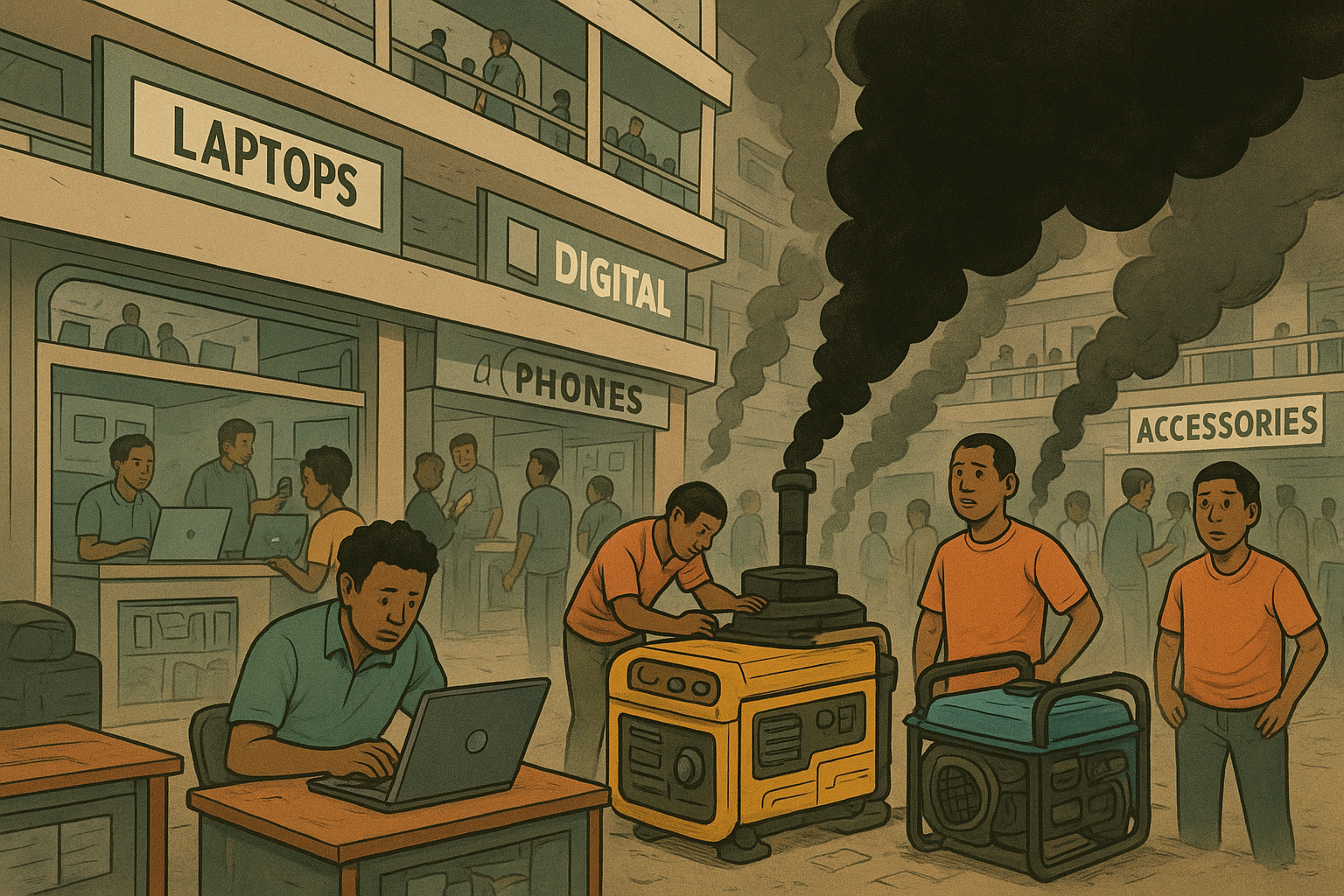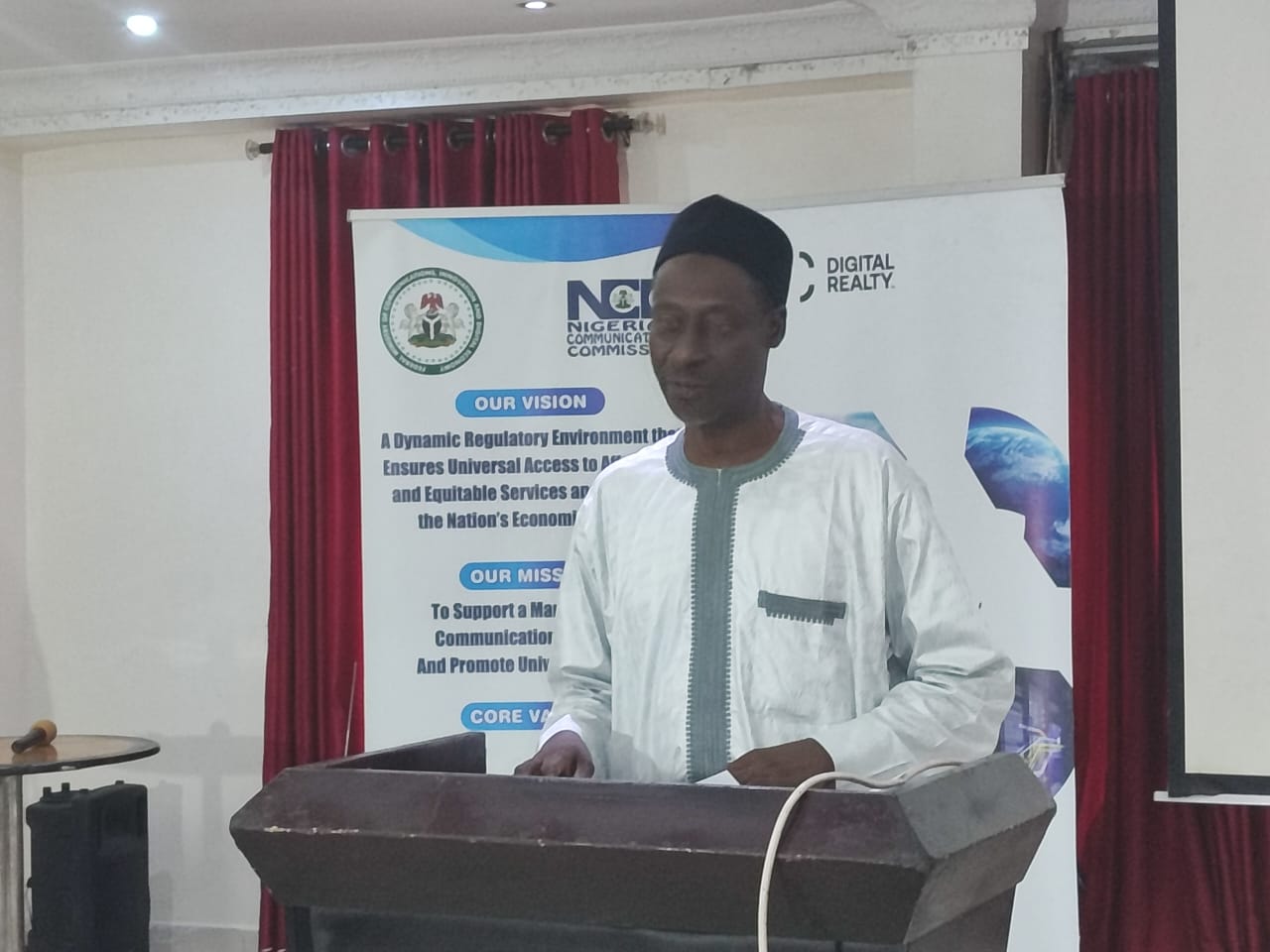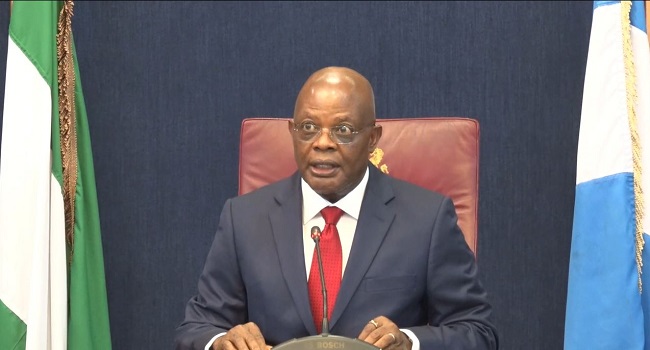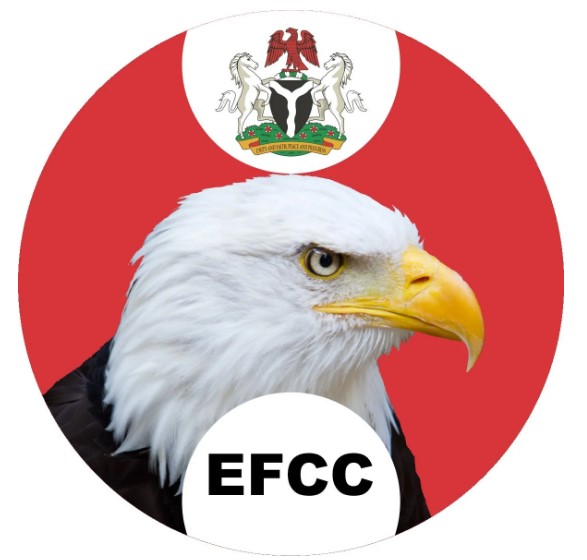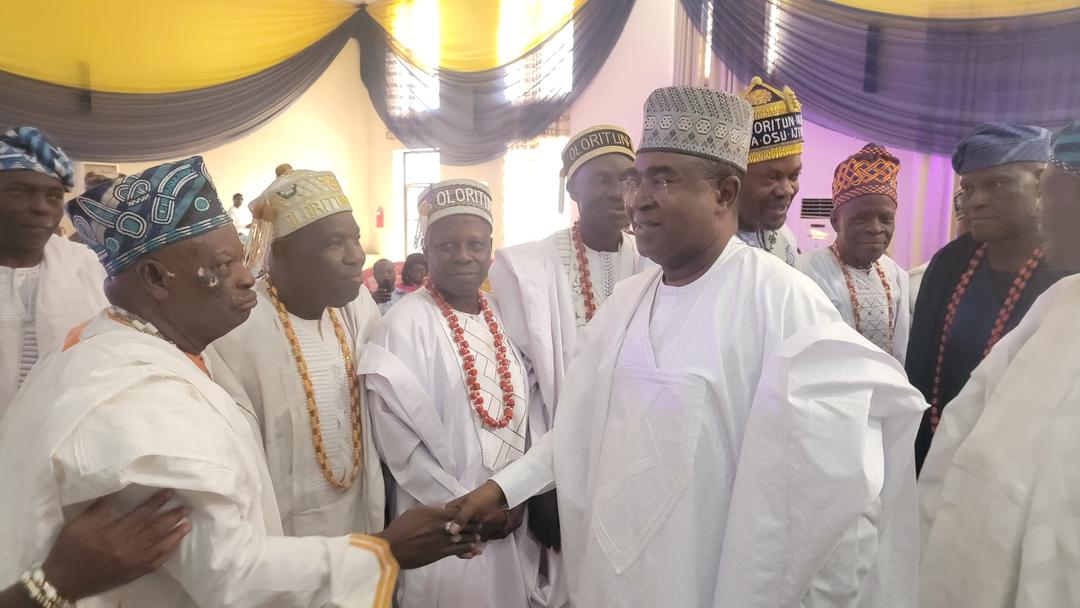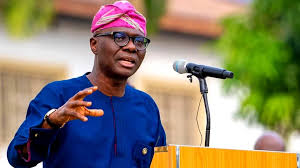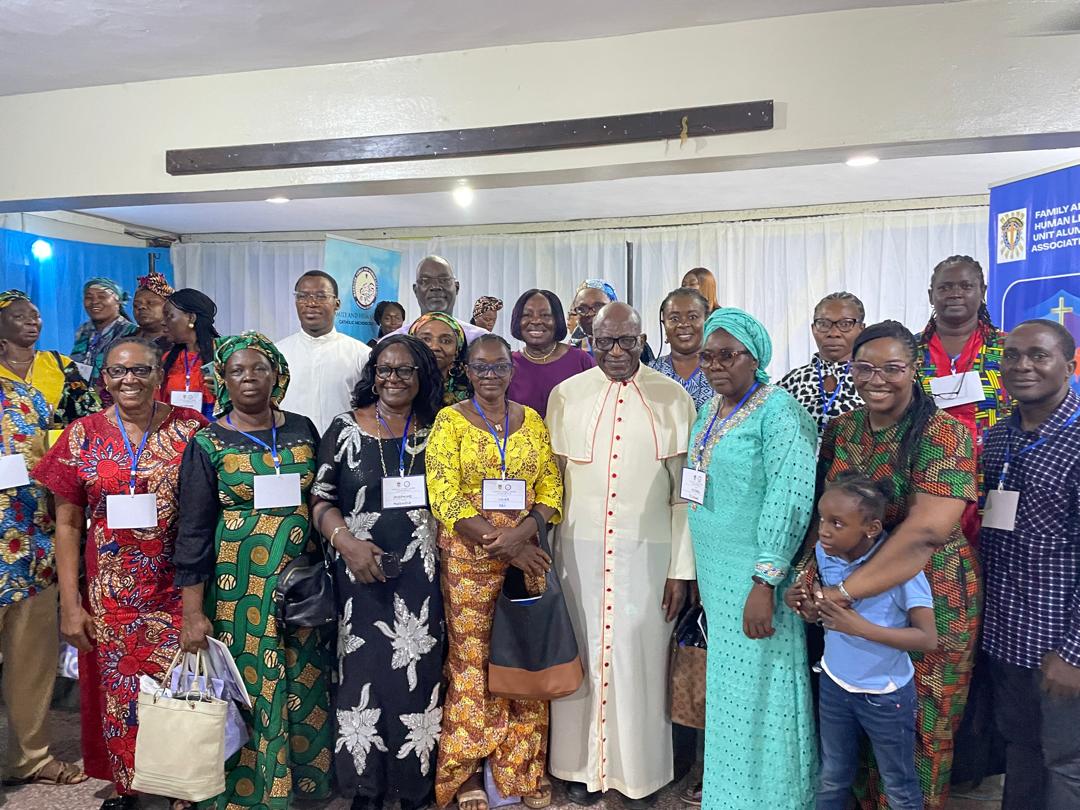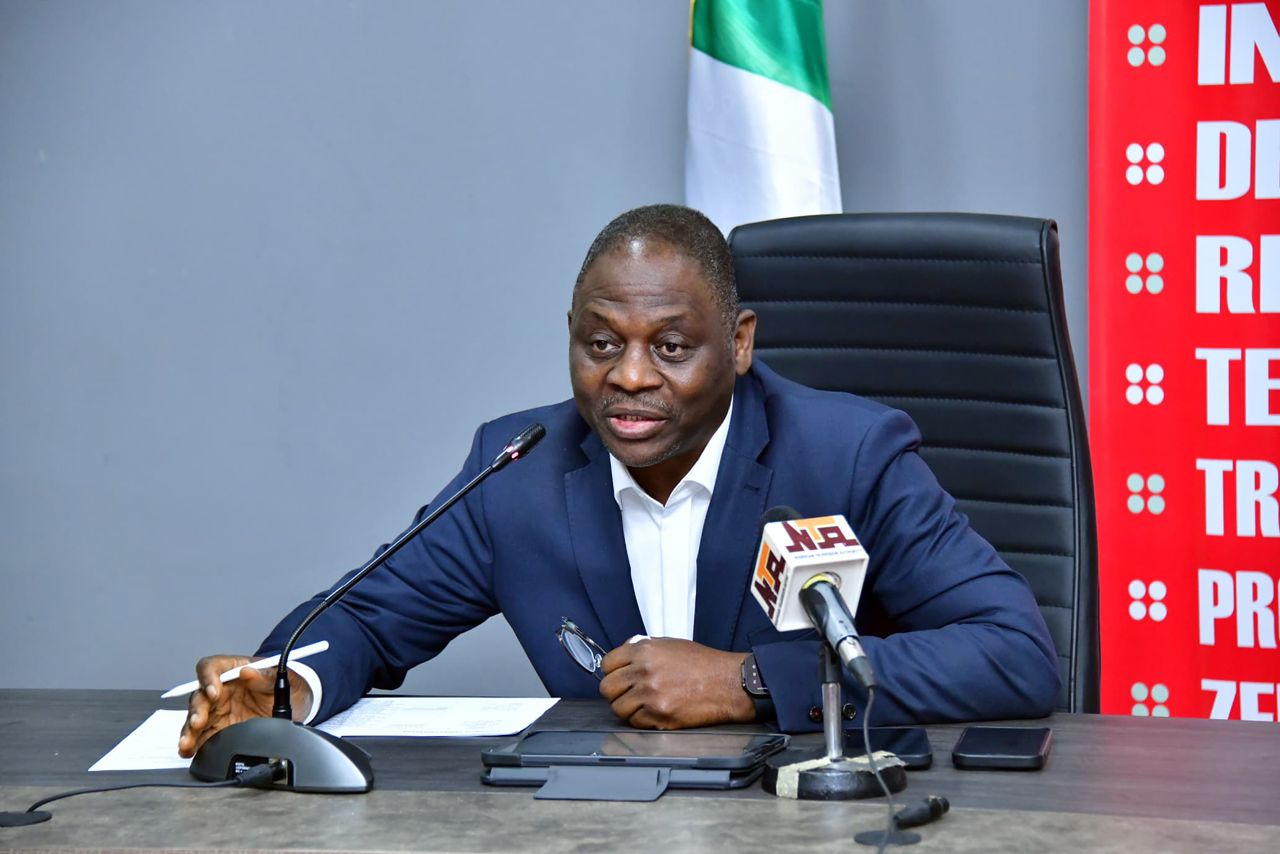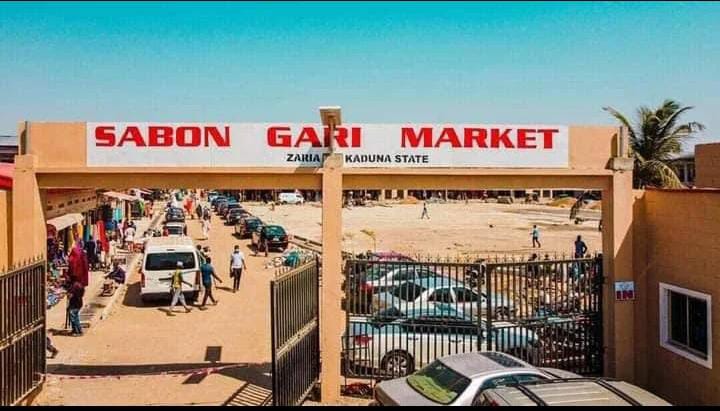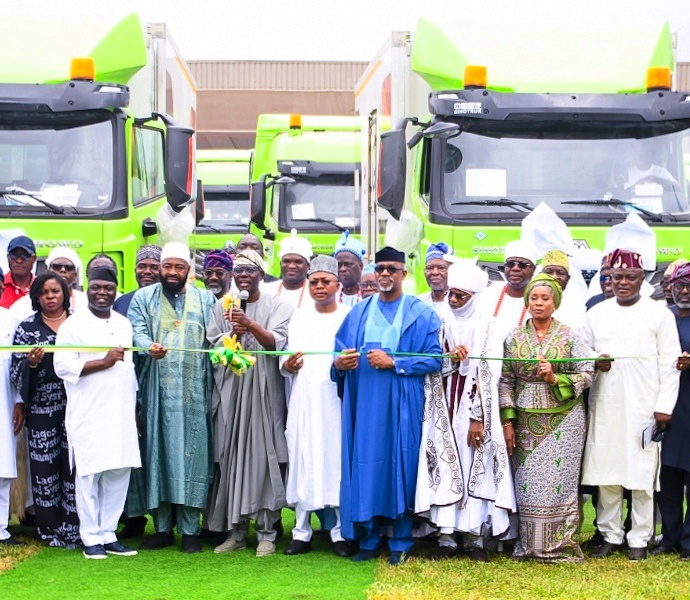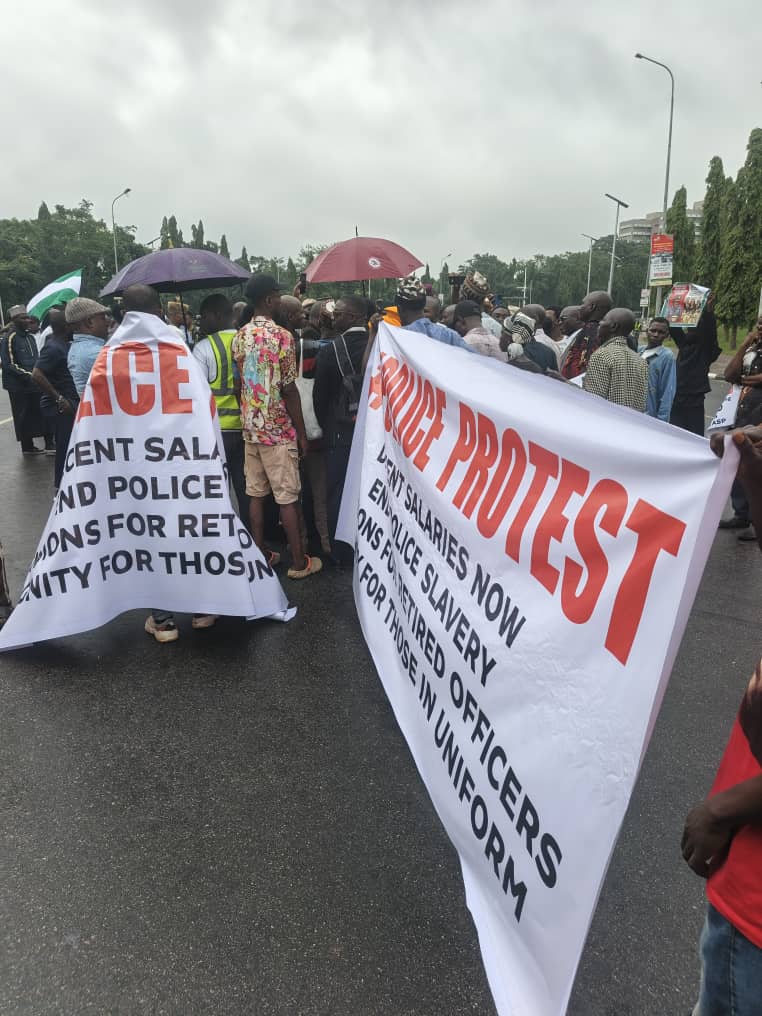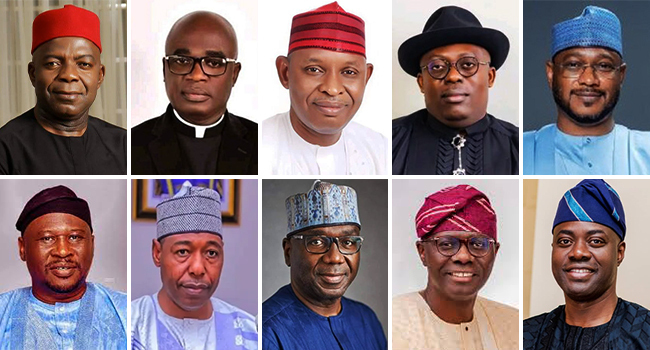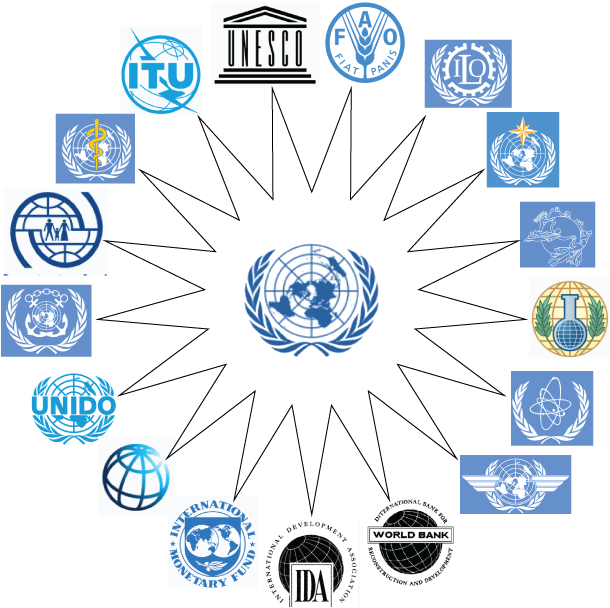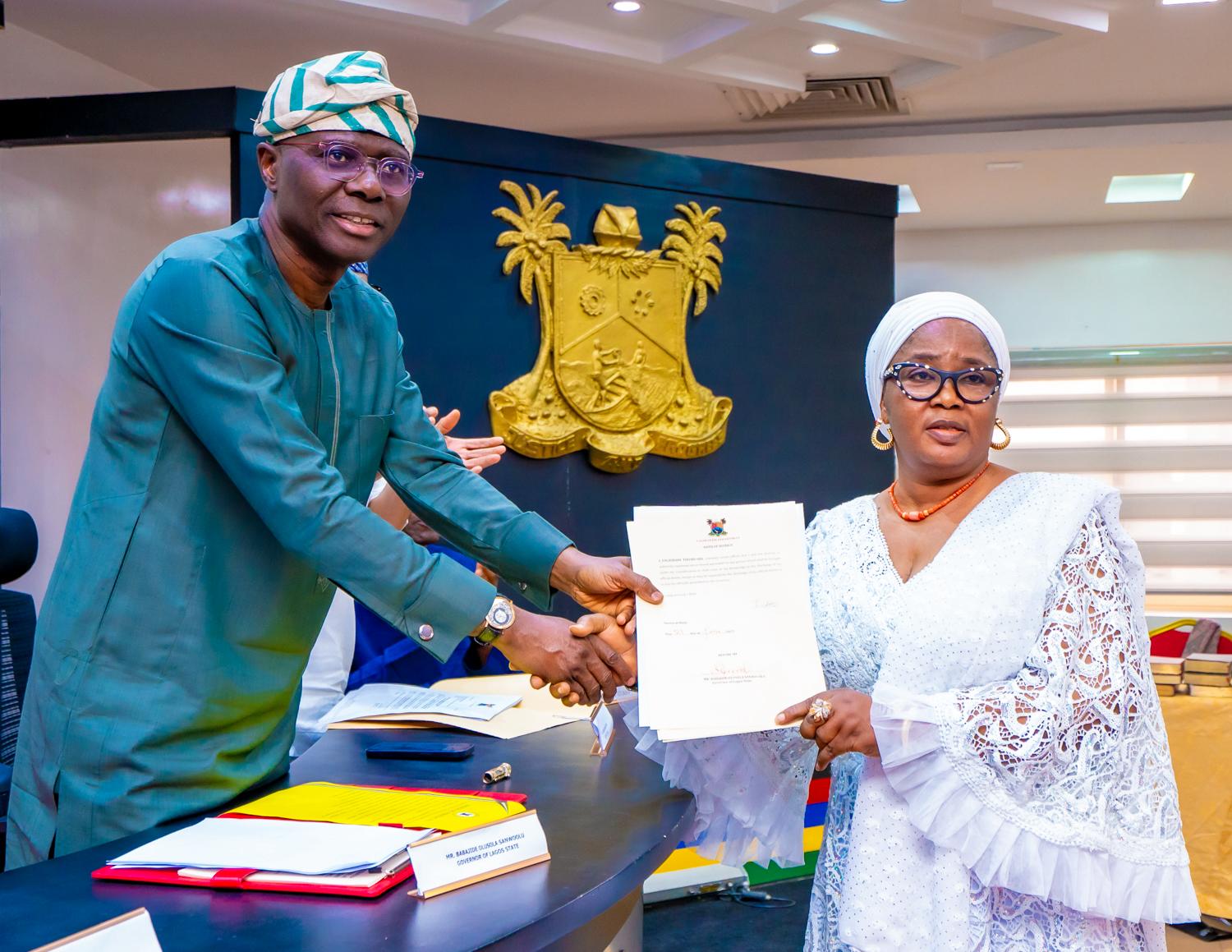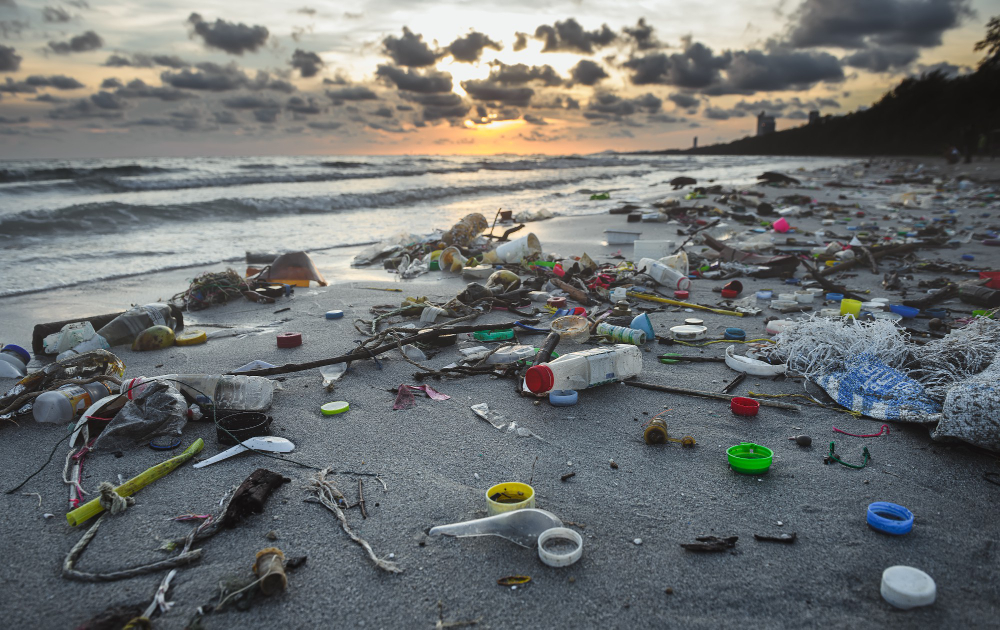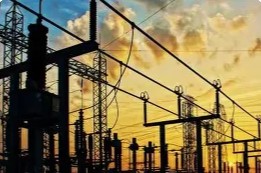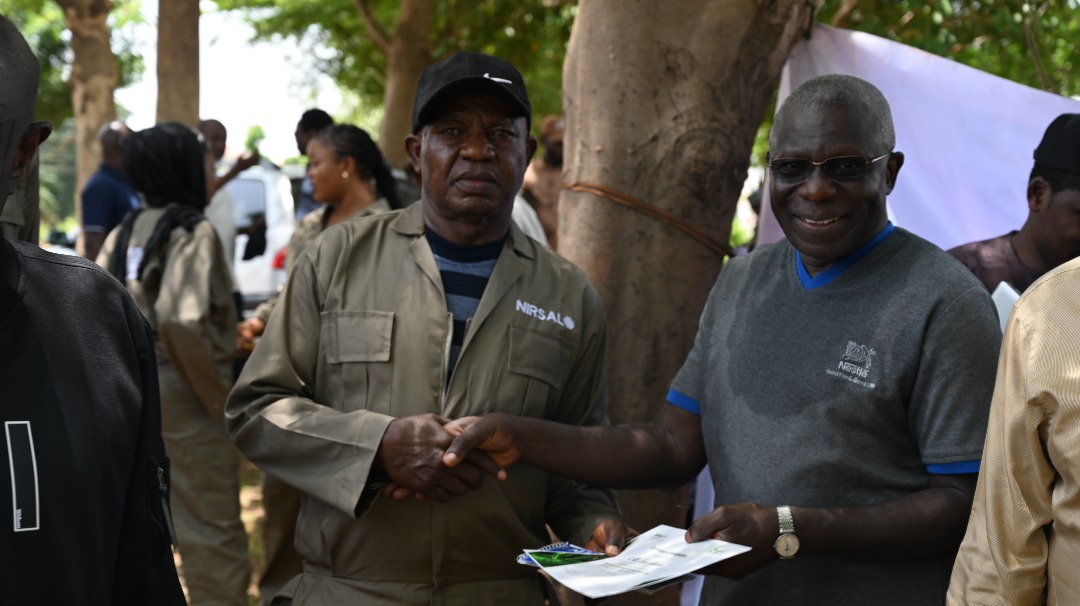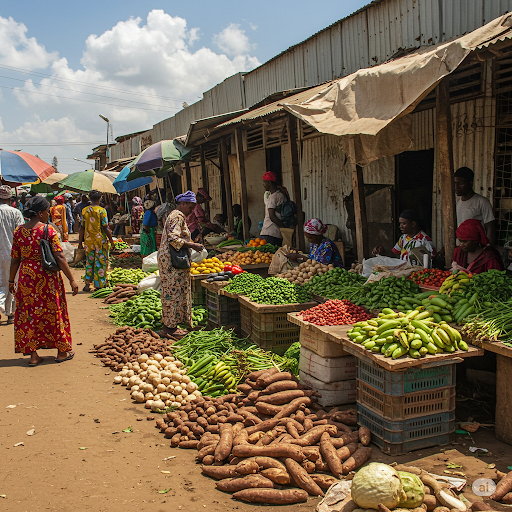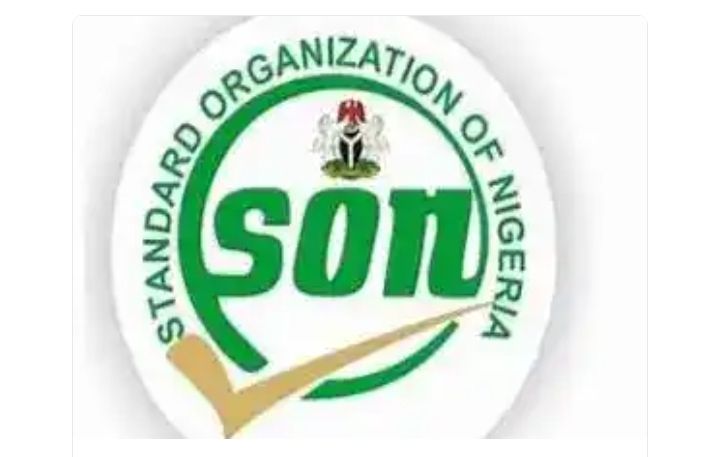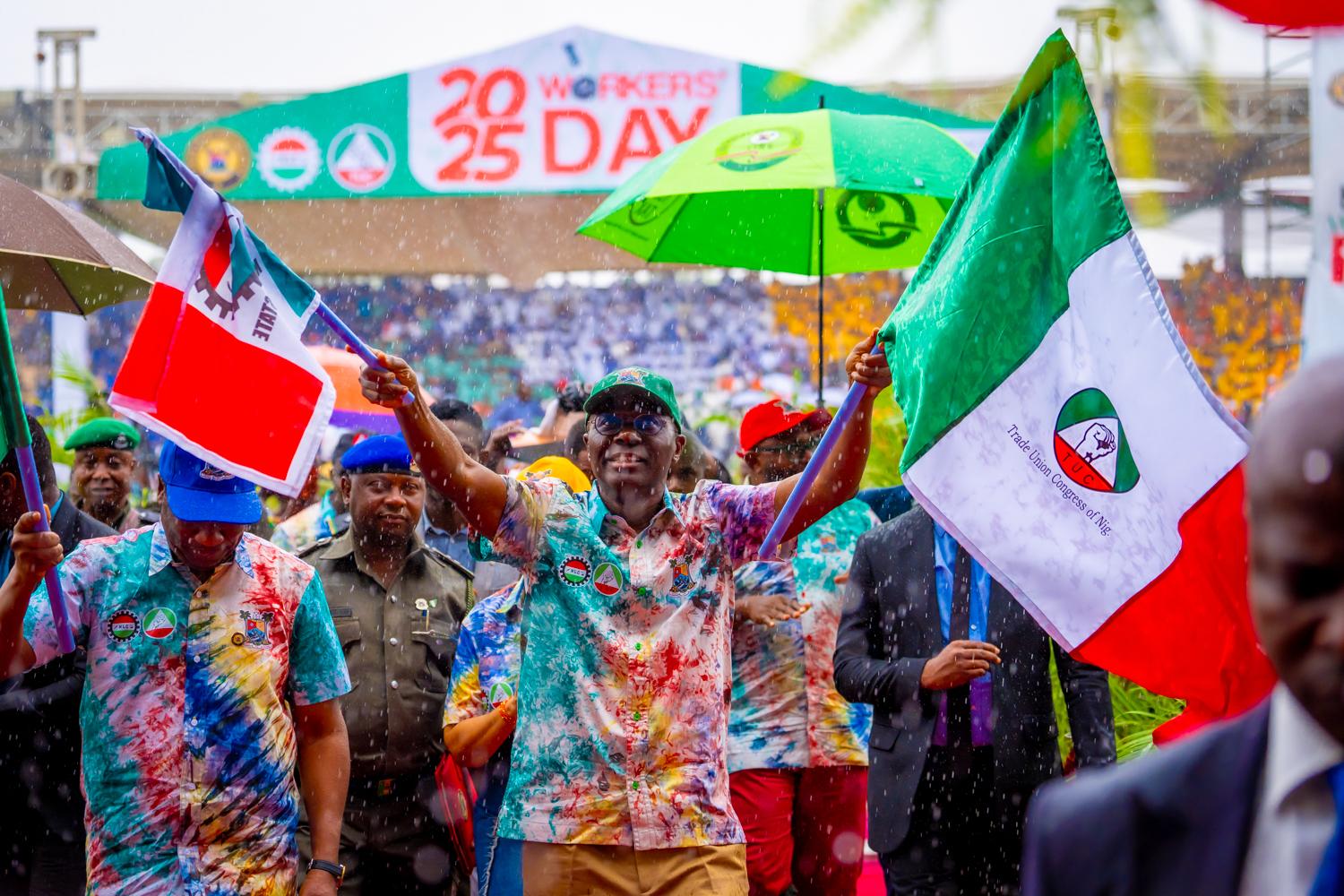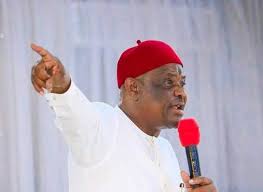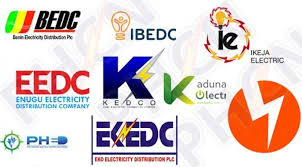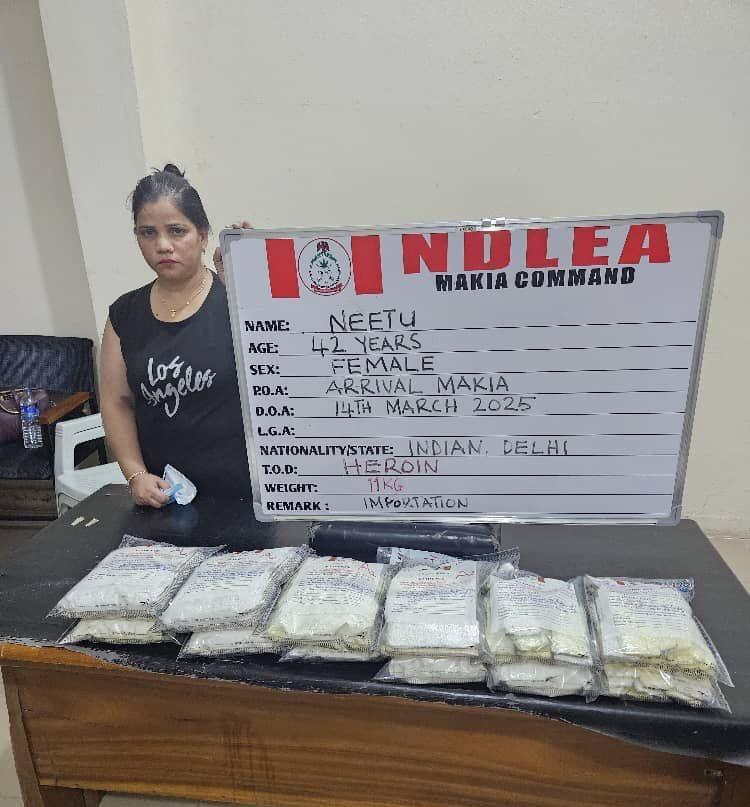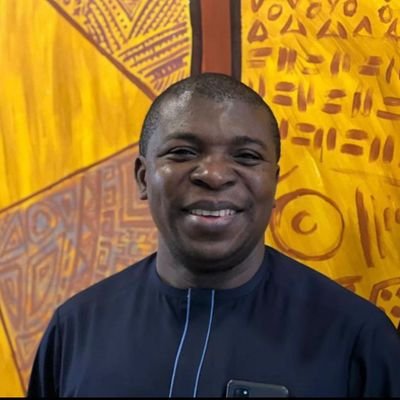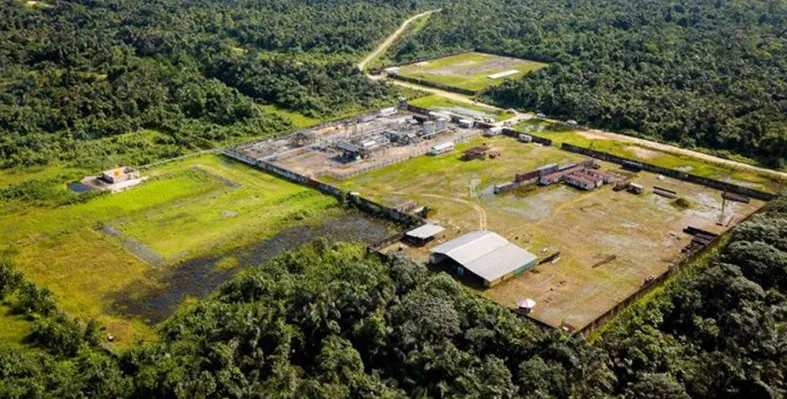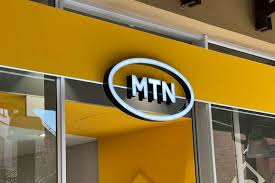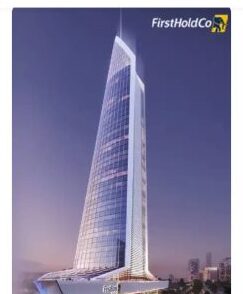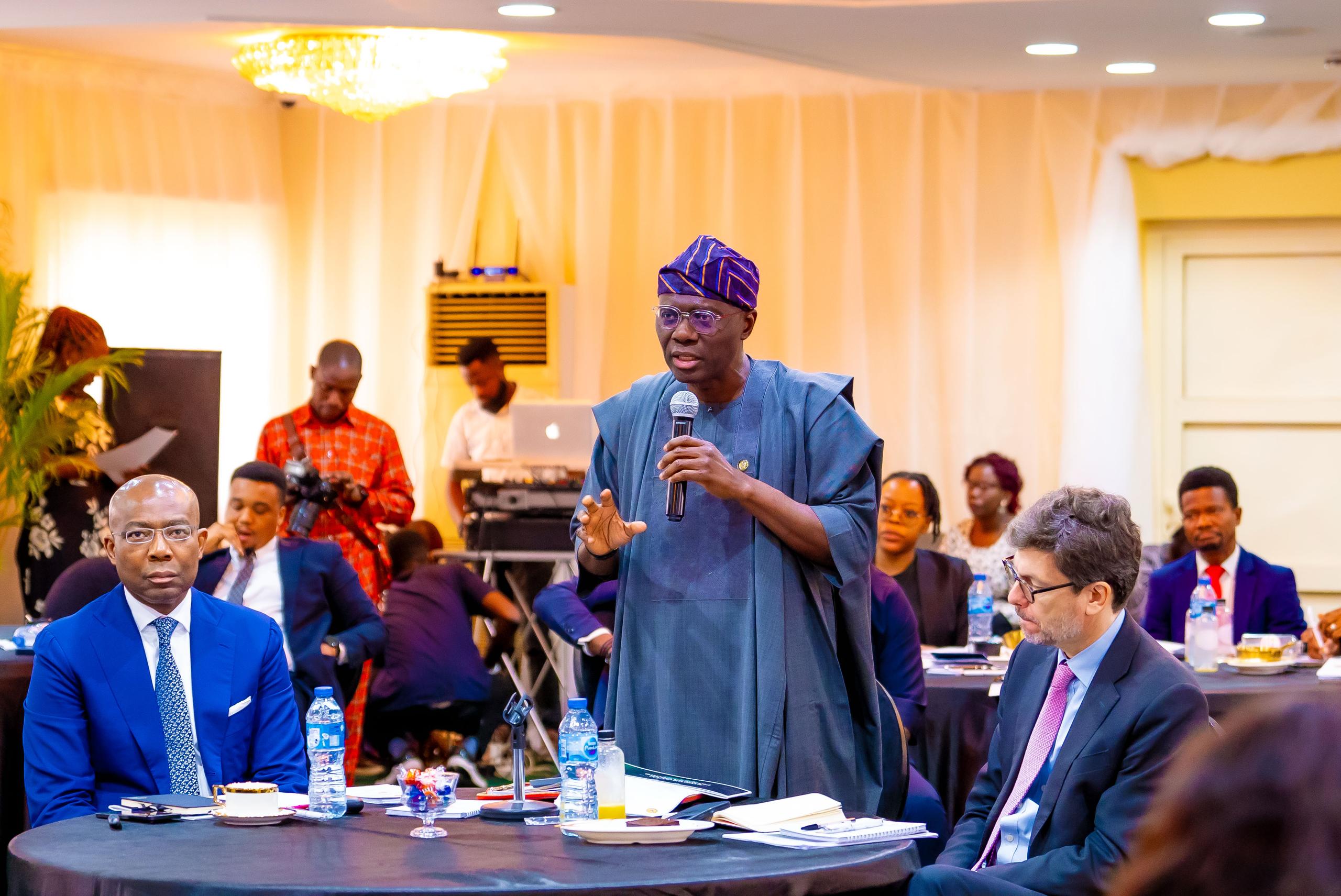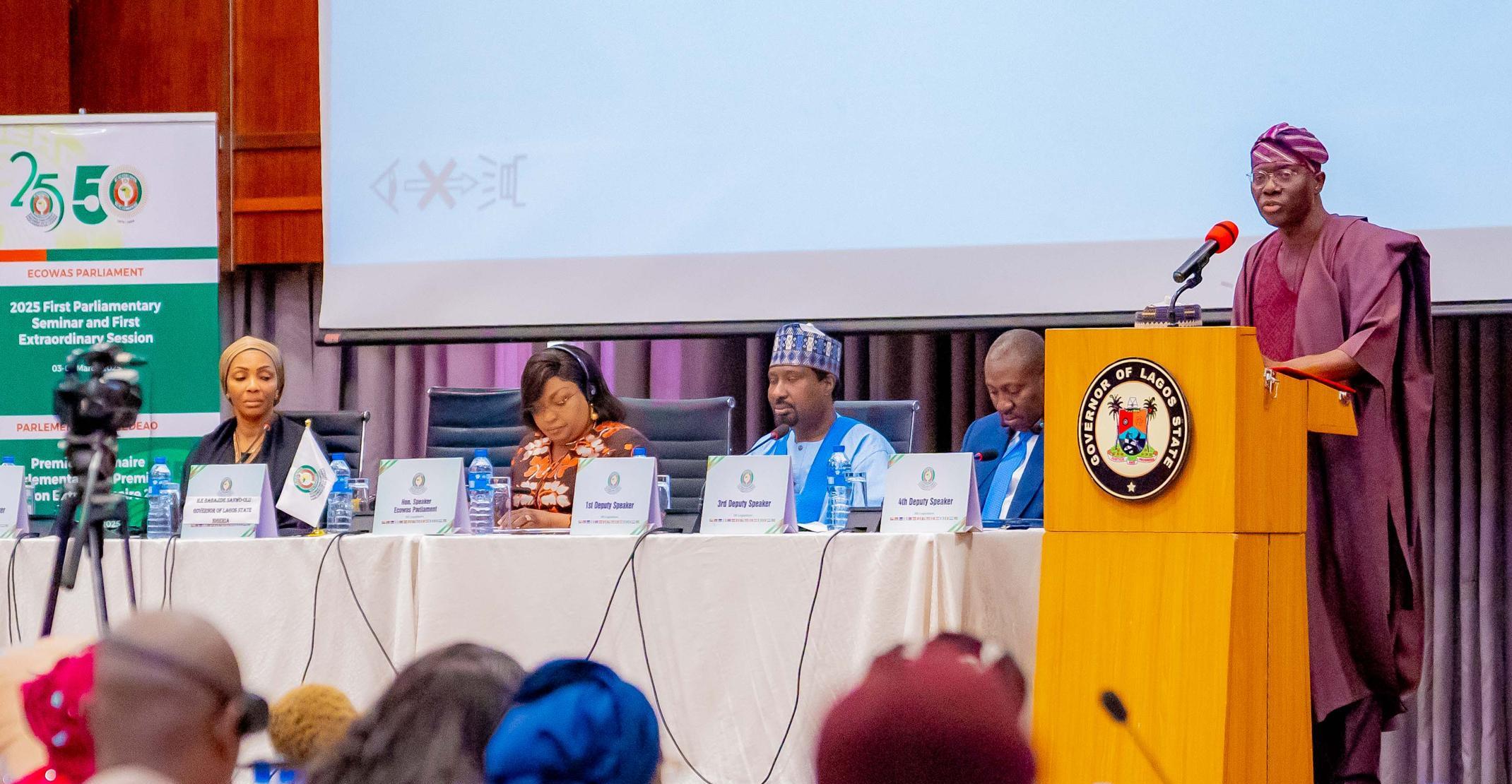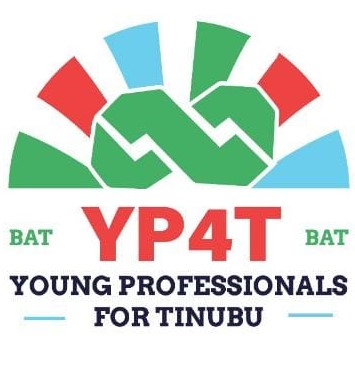
The African Democratic Congress (ADC) has urged for a thorough audit of Nigeria’s refineries before any plans to sell the assets are pursued. In a statement released by its interim national spokesman, Bolaji Abdullahi, the party questioned whether the administration of President Bola Tinubu misled Nigerians after reportedly spending over $2.8 billion on state-owned refineries that were later declared non-functional.
The funds in question were allocated for the rehabilitation of Nigeria’s three government-owned refineries. In March 2021, the Federal Executive Council (FEC), under the leadership of the late President Muhammadu Buhari, approved $1.5 billion for the overhaul of the Port Harcourt Refinery in Rivers State. The former Minister of State for Petroleum, Timipre Sylva, had indicated that the rehabilitation would occur in three phases spanning 18, 24, and 44 months.
Subsequently, in August 2021, the FEC sanctioned an additional $1.48 billion for the refurbishment of the Warri and Kaduna refineries. This brought the total budget for the three refineries close to $3 billion during the tenure of the immediate past Group Chief Executive Officer of the Nigerian National Petroleum Company Ltd (NNPC), Mele Kyari.
Despite this significant financial investment, the Port Harcourt refinery briefly resumed operations only to shut down again. The Warri refinery followed a similar trajectory, while the Kaduna refinery has remained idle. In a recent Bloomberg interview at the 9th OPEC seminar in Vienna, Austria, the new NNPC GCEO, Bayo Ojulari, disclosed that Nigeria is considering selling its refineries after years of unsuccessful rehabilitation attempts.
Ojulari stated, “Sale is not out of the question. All the options are on the table, to be frank, but that decision will be based on the outcome of the reviews we’re doing now.”
In response, the ADC emphasized that before any discussions about privatization proceed, there must be a comprehensive forensic audit of all funds allocated to refinery rehabilitation since 2010. The party also called for an independent third-party technical evaluation to ascertain the true condition and potential of these assets.
ADC Demands Transparency and Accountability Over Refineries’ Mismanagement Ahead of Proposed Sale
The ADC further demanded that the audit findings be fully disclosed to the public through a legislative hearing involving civil society, energy experts, and anti-corruption agencies. The opposition group warned that any attempt to sell the refineries prior to such transparency should be deemed not only illegitimate but criminal.
The party expressed concern over the apparent contradictions from government officials, who just months earlier claimed that the Port Harcourt and Warri refineries had partially resumed operations. It is puzzling, the ADC noted, that the same government which spent billions on these refineries is now considering their outright sale.
Highlighting perennial waste and suspected corrupt practices disguised as “turnaround maintenance,” the ADC urged that such mismanagement should no longer be tolerated. The coalition also criticized the government’s apparent rush to sell without adequately exploring alternative options or consulting key stakeholders.
The ADC questioned whether the extensive public spending on the refineries was simply a waste or a deliberate act of deception if the eventual plan is privatization. The party cautioned that selling the refineries under these opaque conditions could facilitate criminal activities, allowing national assets to be undervalued and sold to cronies.
In light of this, the ADC reiterated its call for a full and independent audit — encompassing financial, technical, and structural aspects — before any sale or privatization is considered.
Despite the huge sums invested, the party lamented the lack of any verifiable increase in refining capacity, cost efficiency, or fuel security for Nigerians. Instead, the refineries have remained largely idle or dysfunctional, forcing the government to continue importing refined petroleum products.
Even Africa’s leading industrialist, Alhaji Aliko Dangote, whose privately owned refinery is currently the only operational facility of its kind in Nigeria, has publicly questioned the viability of the government-owned refineries. According to the ADC, Dangote’s skepticism is justified given the obsolete infrastructure, hollowed-out operations, and an entire value chain that has become a black hole for public funds.
“So again, we must ask: what exactly is being sold, and why now?” the ADC queried.
The party added that the government cannot in good conscience spend public funds on supposed rehabilitation efforts only to turn around and sell the assets without accountability or public reckoning. “In other countries, those responsible for such mismanagement would have faced judgment,” the statement concluded.
For more in-depth reports, expert analysis, and updates on Nigeria’s energy sector and governance, visit LouisaOlaniyi.com.ng. Stay informed. Stay empowered.

